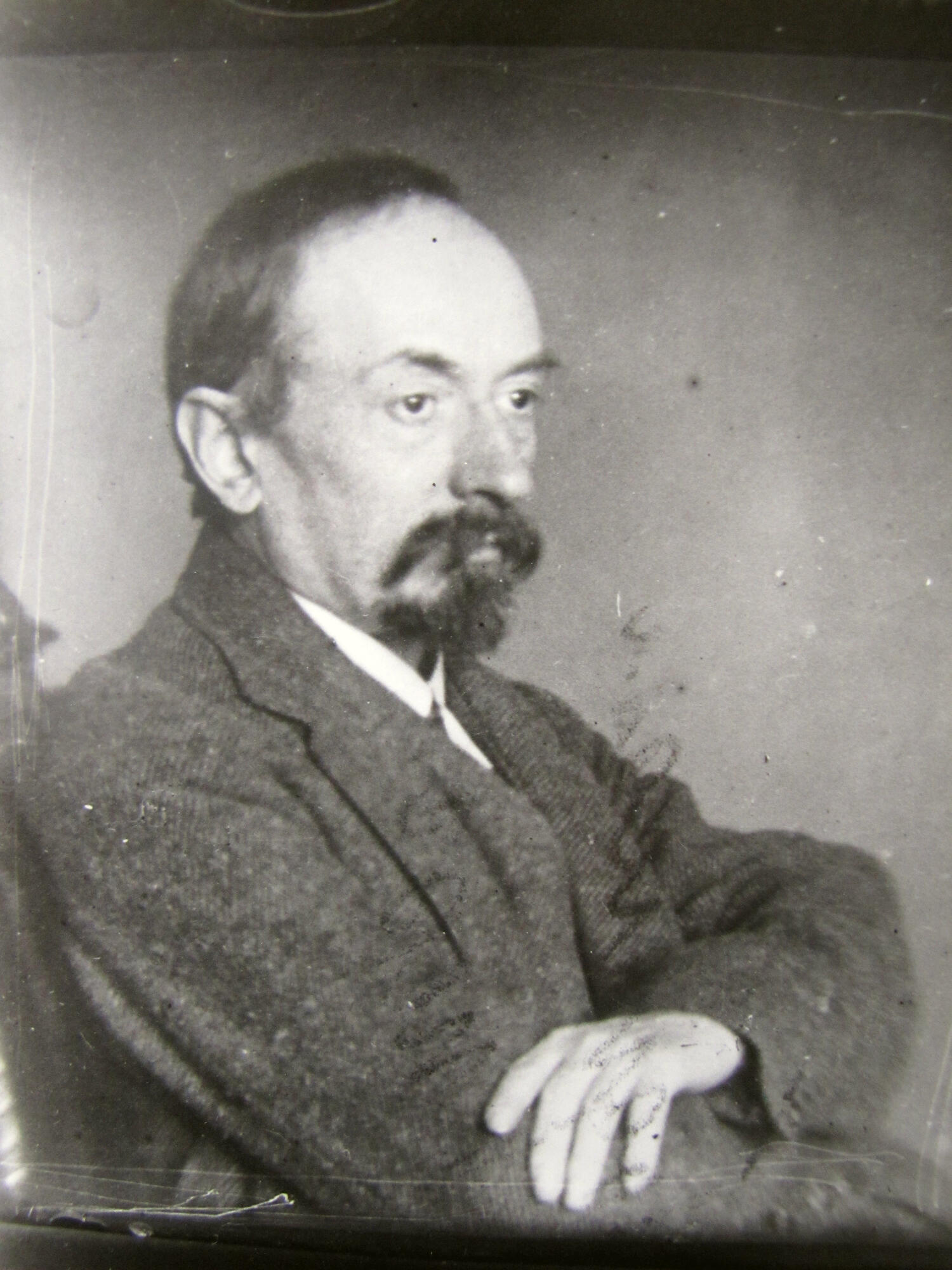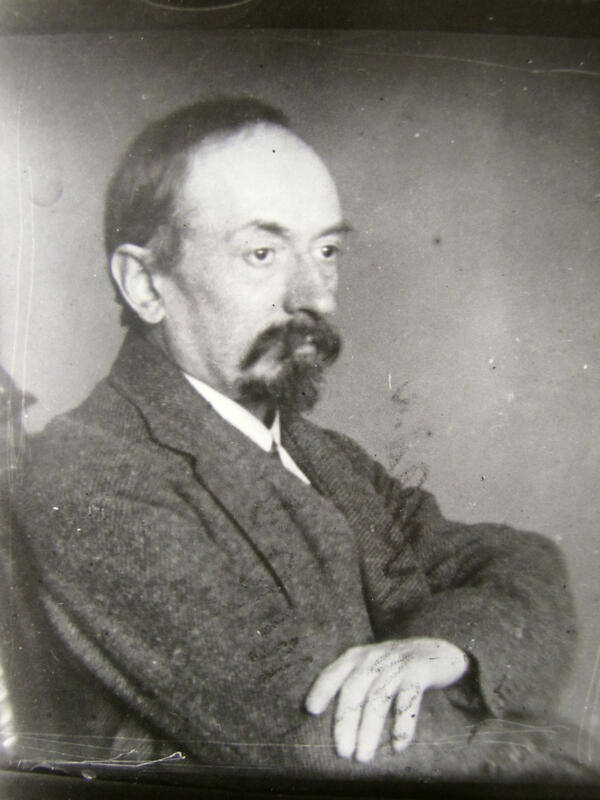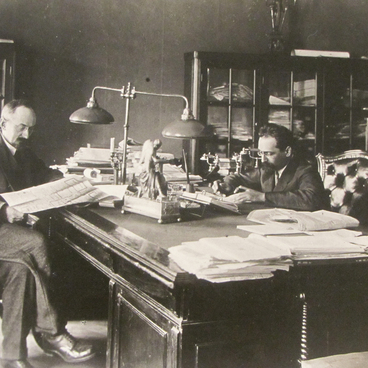At the beginning of World War (, Georgy Chicherin moved to London, where he collaborated with many socialist and trade union publishing bodies. In addition, he fought for the protection of the rights of political emigrants. His energetic internationalist activities in England, especially his public anti-war speeches, in which he called for a democratic peace, attracted the attention of the British intelligence and aroused sharp discontent from the government.
In August 1917, the British authorities arrested Chicherin for ‘anti-British activity’ and imprisoned him in the Brixton Prison. There he spent six months in solitary confinement. The news of his imprisonment provoked outrage and vigorous protests of the radical British. Many resolutions came from various places, passed by workers’ meetings as a sign of solidarity with the Russian proletariat.
Despite persuasions of his friends, Georgy Chicherin flatly refused to ask for a replacement of the prison with deportation to Russia. On November 7, 1917, a socialist revolution took place in Russia. On November 28, the People’s Commissariat for Foreign Affairs, through the British Ambassador to the Tsarist and Provisional Governments, George Buchanan, sent a note to Great Britain. It said that the government of Soviet Russia would not tolerate innocent Chicherin and other Russian revolutionaries in an English prison when British subjects engaged in counterrevolutionary propaganda could leave Russia with impunity.
Since the British government continued to illegally keep Chicherin in prison, on December 3, Buchanan was told once again that no British citizen, and therefore the ambassador himself, would be able to leave Russia until Chicherin was released from prison.
The ambassador was warned: in case of refusal to release Georgy Chicherin, the Soviet authorities would be forced to arrest some of the British subjects known as counter-revolutionaries. At the same time, the People’s Commissariat of Foreign Affairs made it clear to the British Embassy that it intended to appoint Chicherin as a diplomatic representative to one of the allied powers.
On January 3, 1918, Georgy Chicherin was released. The British authorities ordered to send him to Russia in secret and, accompanied by two detectives, he was taken to a railway station. Upon his arrival in St. Petersburg, the revolutionary workers arranged a warm comradely welcome for him at the Finland station. “A whole period of my life passed, » Chicherin later recalled, “and like a short fleeting vision, a new, red, revolutionary Petersburg flashed before me.”
In August 1917, the British authorities arrested Chicherin for ‘anti-British activity’ and imprisoned him in the Brixton Prison. There he spent six months in solitary confinement. The news of his imprisonment provoked outrage and vigorous protests of the radical British. Many resolutions came from various places, passed by workers’ meetings as a sign of solidarity with the Russian proletariat.
Despite persuasions of his friends, Georgy Chicherin flatly refused to ask for a replacement of the prison with deportation to Russia. On November 7, 1917, a socialist revolution took place in Russia. On November 28, the People’s Commissariat for Foreign Affairs, through the British Ambassador to the Tsarist and Provisional Governments, George Buchanan, sent a note to Great Britain. It said that the government of Soviet Russia would not tolerate innocent Chicherin and other Russian revolutionaries in an English prison when British subjects engaged in counterrevolutionary propaganda could leave Russia with impunity.
Since the British government continued to illegally keep Chicherin in prison, on December 3, Buchanan was told once again that no British citizen, and therefore the ambassador himself, would be able to leave Russia until Chicherin was released from prison.
The ambassador was warned: in case of refusal to release Georgy Chicherin, the Soviet authorities would be forced to arrest some of the British subjects known as counter-revolutionaries. At the same time, the People’s Commissariat of Foreign Affairs made it clear to the British Embassy that it intended to appoint Chicherin as a diplomatic representative to one of the allied powers.
On January 3, 1918, Georgy Chicherin was released. The British authorities ordered to send him to Russia in secret and, accompanied by two detectives, he was taken to a railway station. Upon his arrival in St. Petersburg, the revolutionary workers arranged a warm comradely welcome for him at the Finland station. “A whole period of my life passed, » Chicherin later recalled, “and like a short fleeting vision, a new, red, revolutionary Petersburg flashed before me.”


